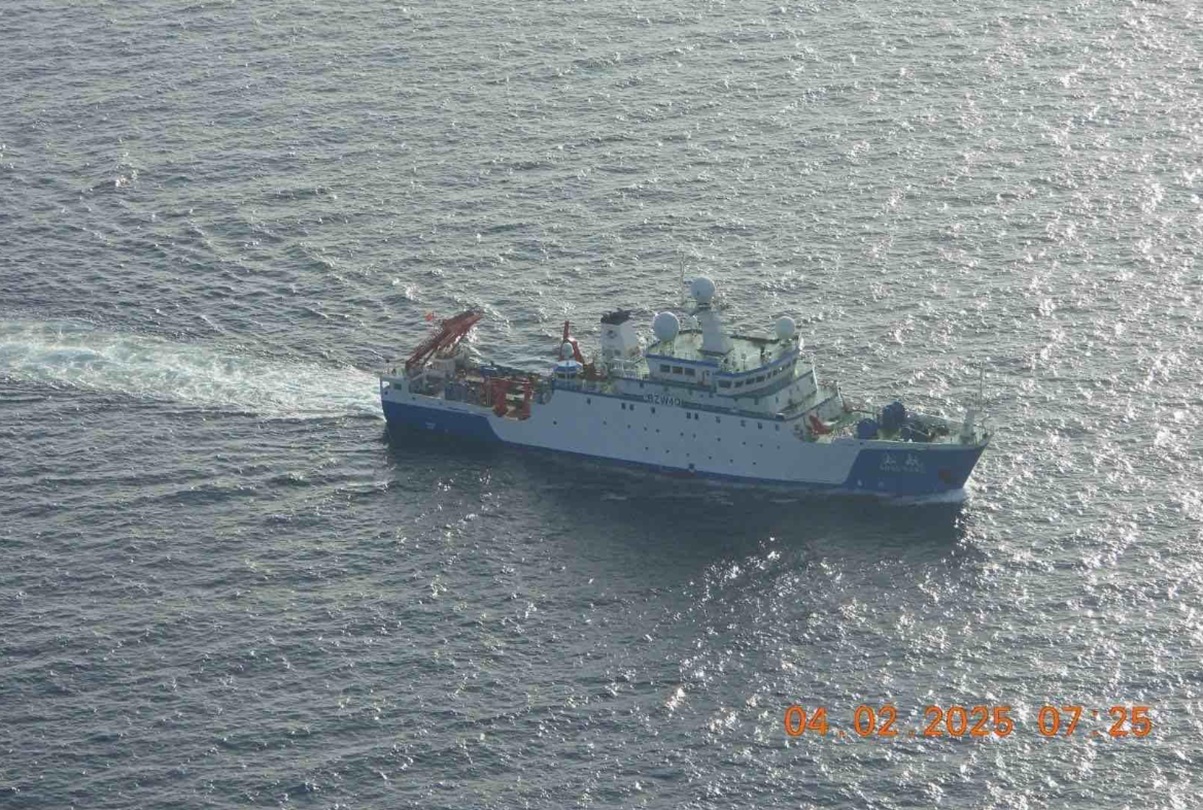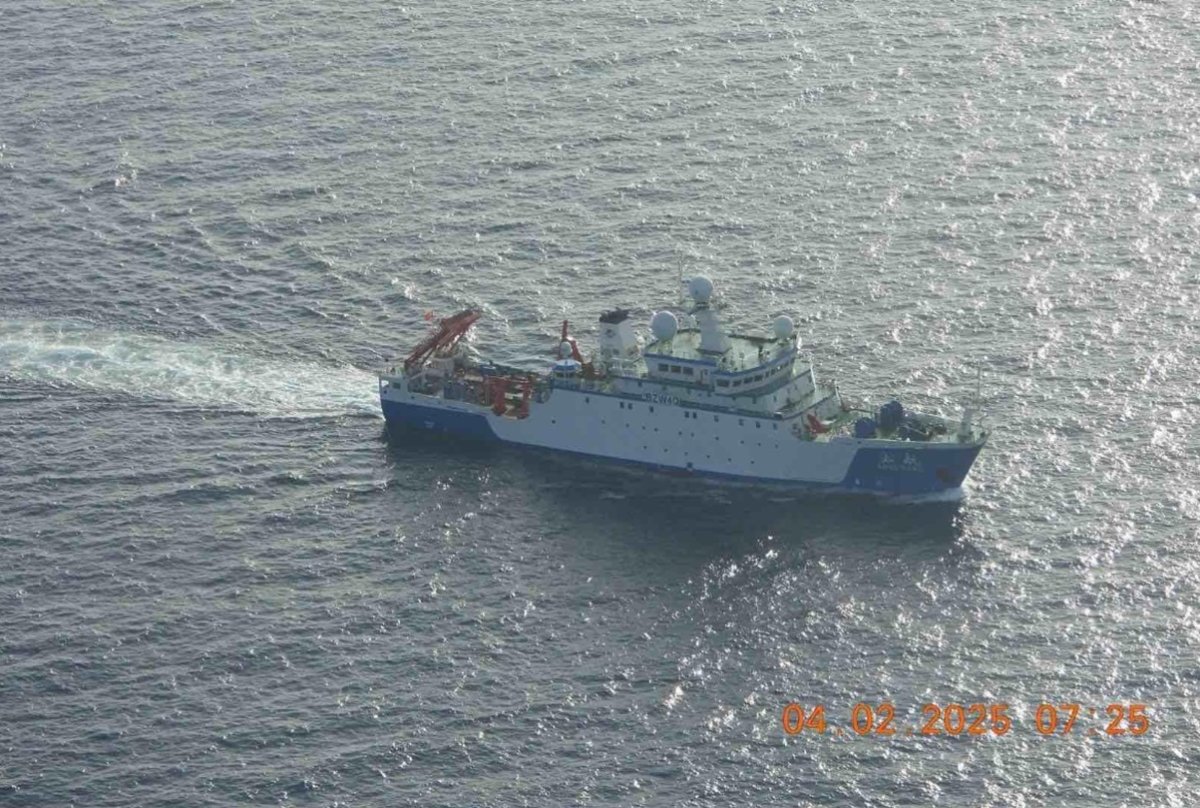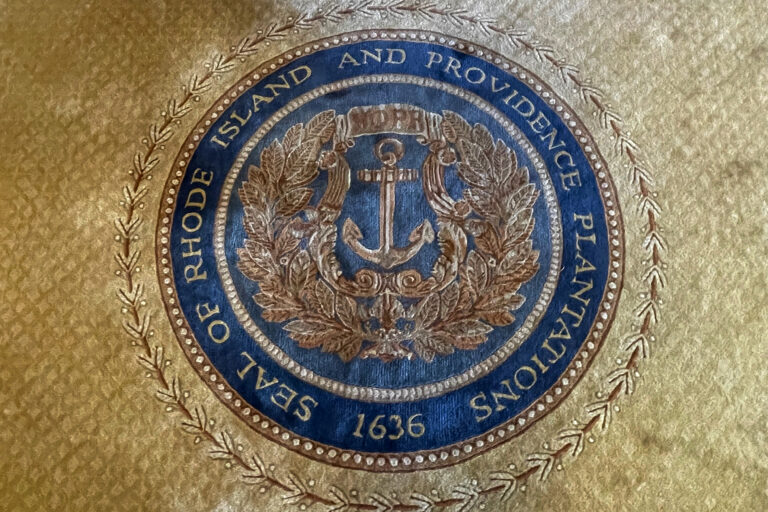
The irregular movements of a Chinese fishery survey ship in April have raised suspicions that it was collecting data on undersea cables critical to global communications.
The Song Hang “exhibited deliberate loitering patterns directly over critical infrastructure, the kind of movement associated with mapping or surveillance activity, not fishing,” maritime analytics firm Windward wrote in a new report.
Newsweek has contacted the Chinese Foreign Ministry and the Philippine military with written requests for comment.
Why It Matters
The Chinese Communist Party is known to leverage both military and civilian sectors to advance political and economic objectives. This strategy extends to the maritime domain, where Chinese vessels have been accused of collecting intelligence and of conducting oceanographic research in other countries’ maritime zones without permission—an act that violates international law.
The Song Hang‘s apparent focus on submarine cables is particularly sensitive as these cables carry about 99 percent of intercontinental data traffic. Over the past two years, there have been multiple incidents of Chinese vessels damaging or severing these cables—including one case in February where Taiwanese authorities detained the crew on suspicion of sabotage.
What To Know
Windward, which tracks global vessel behavior using artificial intelligence, on Monday published an analysis of ship-tracking data highlighting an “unmistakable” difference between the Song Hang‘s movements and the “natural, erratic” ones of known fishing vessels.
The Song Hang‘s grid-like paths last month, consistent with survey activity, were concentrated directly over and adjacent to Pacific undersea cables east of Japan and east of the Philippines.
Windward also cited other “red flags” linked to the vessel, including “discrepancies between its transmitted and registered IMO, an unclear ownership trail, and a moderate illegal, unreported, and unregulated fishing risk score.”

Philippine Coast Guard
The Song Hang‘s activities detailed by Windward aren’t the only ones to have come under scrutiny in recent weeks.
In early April, the ship attracted the attention of the Philippine Coast Guard as it entered the Sulu Sea, within the country’s archipelagic waters.
Responding to radio hails, the crew said it was headed to the Indian Ocean to “catch fish,” Philippine Coast Guard spokesperson Jay Tarriela told reporters.
However, observers said the Song Hang was taking a highly indirect route. A National Security Council official said Manila would continue to monitor the vessel “to ensure that it keeps to its track and it does not conduct maritime survey inside our waters.”
While innocent passage is permitted through a country’s archipelagic waters, conducting survey activity is not, according to the United Nations Convention on the Law of the Sea.
The Song Hang was launched in 2017 as China’s first oceangoing fishery survey ship. Operated by Shanghai Ocean University, it is equipped with laboratories and capable of biological, meteorological and hydrological research.
“It has great significance in tapping into China’s ocean fishery resources, protecting ocean ecology and transforming China into a maritime power,” said Chen Xinjun, the president of the university’s College of Marine Sciences, as quoted by China Daily.
What People Have Said
Ray Powell, the director of the Stanford University-affiliated maritime analysis group SeaLight, wrote on X, formerly Twitter: “Remember China’s Song Hang research ship? … The ship told the Philippine Coast Guard it was on its way to go ‘fishing’ in the Indian Ocean. Seriously. Now Windward has analyzed its patterns to show how its favorite ‘catch’ is intelligence on undersea cables.”
What Happens Next
Despite complaints from its neighbors, China is likely to continue deploying research ships, including the Song Hang, on intelligence-gathering missions in the region.




